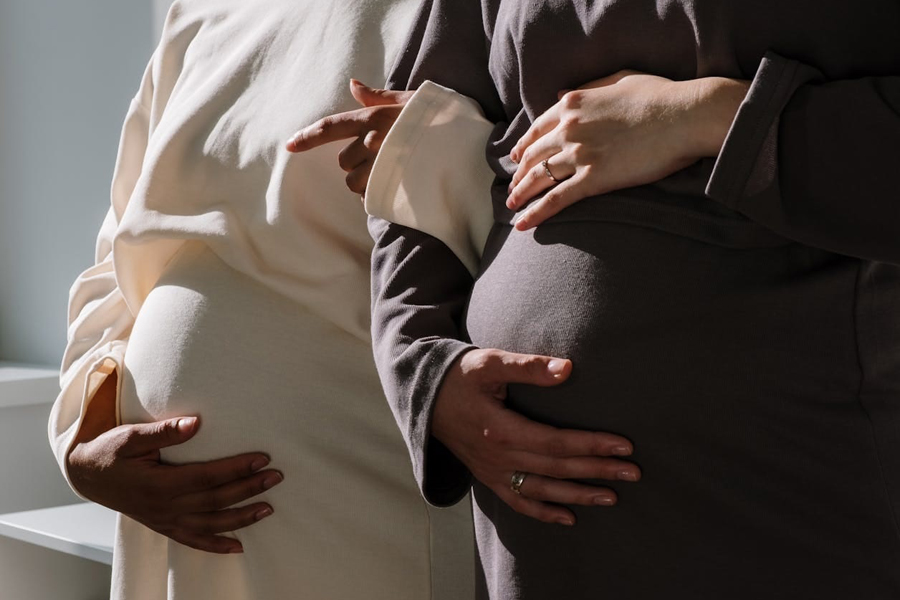Unconventional Thought: Muteesa II Is The Leader We All Deserve To Be Taught About
In the last week, on the 21st of November in 1969, Uganda’s first executive President, Kabaka Edward Mutesa II died in exile in London.
Like many of Uganda’s high profile deaths that would follow later, his cause of death remains very much a matter of speculation; his loyalists believe he was poisoned whilst government and official record maintains he died of alcoholism – those that saw him last say he had become a near teetotaler but let’s not dig up skeletons.
I, like many young men, admire him for particularly three things;
His sense of style was remarkable. ‘King Freddie’ as he was fondly nicknamed wore the stuff of legends. There’s not one single reel of footage or picture in which he is not in neatly pressed clothes, cutting a pose and re-affirming his dominance over the photo. There’s this one photo where he and Obote are staring into a distance with the typical snide of an Instagram slay king. It not only shows the good dress sense of ‘Freddie’ but also shows his expensive ring on the index finger.
The other is a video of him at the airport where he’d gone to receive the queen. He is shown stretching out his white gloves, fully donned in white military garb. At all times, Mutesa, for all his wrongs, was dressed to the nines. Which perhaps explains a little more than we are allowed to know.
Secondly, I admire him for standing up for his people. This can easily be confused – as many history teachers across the country do – with resisting colonialism. It wasn’t just important that ‘King Freddie’ resisted the colonial masters that ruled the country at the time, it was also that he defended his people’s right to economic freedom, to political freedom and eventually social freedom.
The plan of making current Uganda and the then plan of conglomerating into an East African federation was never for the intent of growing us into a self-governing entity as was written by Cohen. It was, rather, to structure us into a production unit for Western capital’s demand for raw materials.
We can now agree with hindsight that had Muteesa II not been deported, illegally and held for ages against his will, perhaps the course of Uganda would be a more enlightened one.
The stubbornness and determination of Muteesa II in the negotiations that led to his deportation is the one action of testicular fortitude that united other cultural leaders into fighting for a cause, that of having the political freedom of native Ugandans.
We owe our independence, in part, to that.
There is more than ‘King Freddie’s’ signature on that document that the colonial administration wanted. It was the inability of the state to function without the economic muscle held then by Buganda both in taxes and productive activities that it was a hook, line and sinker for Buganda to be part of the federating plan.
Failure to learn these lessons has robbed many of our current crop of leaders from the vital information needed to make key decisions like; amending the constitution, having a national dialogue, taxing mobile money and social media. It rather seems, with each sprouting debate, that Uganda has no history to look back on and consult.
The third and completely selfish reason I deeply admire Muteesa II was his union with a Omubiitokati Kabasweka Beatrice which bound the tie between Buganda and my own Kingdom – Tooro.
My unconventional thought this week is that a school of leadership should be established, aptly named after Muteesa II, that teaches young leaders about the decision making processes of the first leaders of Uganda and particularly the circumstances under which they made the decisions they did.
We need to avert the calamitous path independent Uganda, still in many ways reeling of British colonialism, is currently on.













